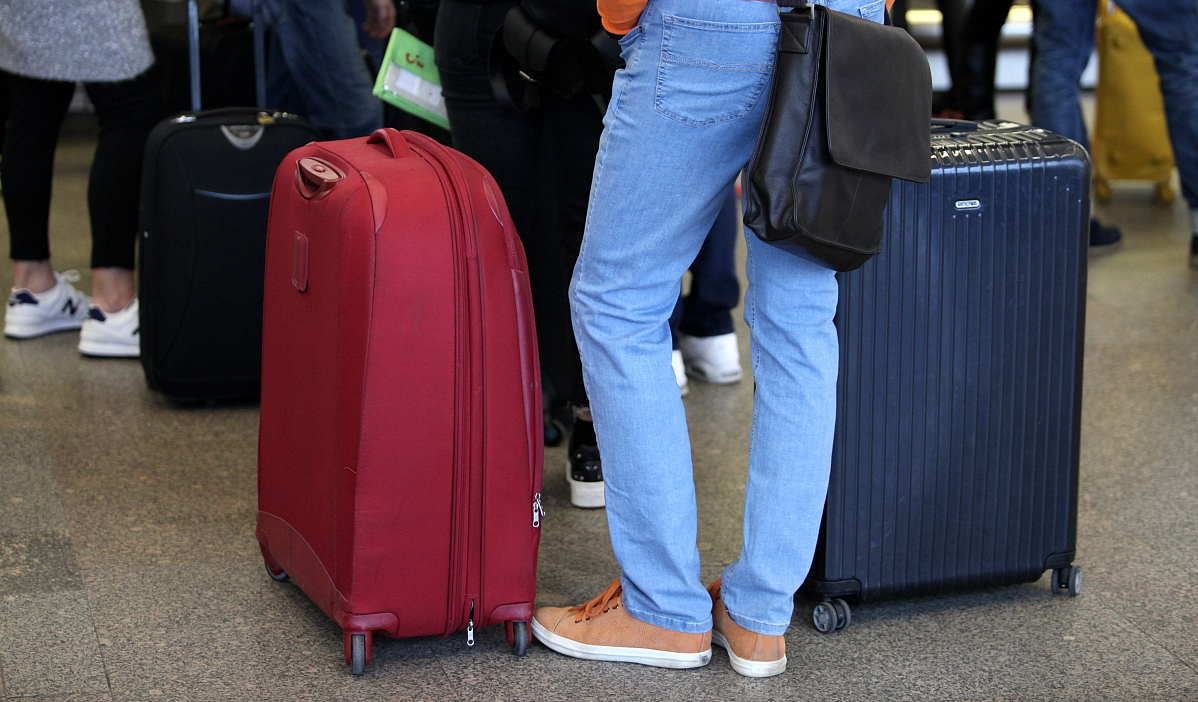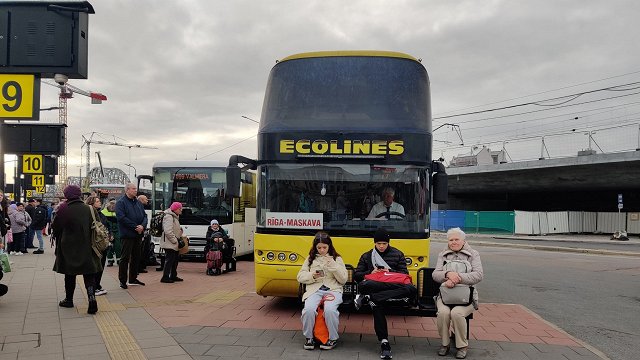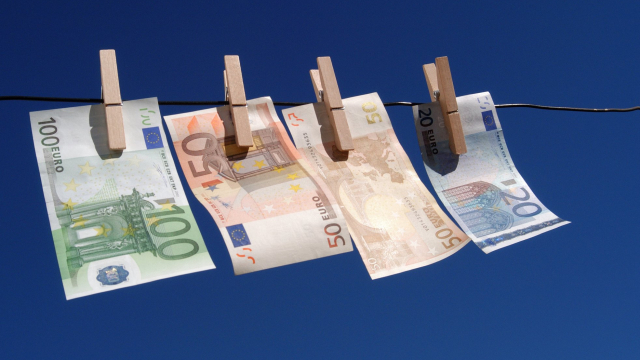This results from a government decision on June 15 which approved amendments to Cabinet Regulation No 360 “Epidemiological safety measures to limit the spread of Covid-19 infection” proposed by the Ministry of Transport.
"For a transitional period until 1 September, travellers can present a document equal to digital certificate in English or in the language of the country of departure either on paper or electronically (on a smart device)," the Ministry said.
The new rules are made more complex by the division of countries into low, high and particularly high risk categories. These divisions are based upon classifications of the Disease Prevention and Control Center (SPKC) which in turn are based on data from the European Center for Disease Prevention and Control (ECDC) and are updated weekly on Fridays. Any changes come into effect the day afterwards, i.e. at 00:00 on Saturday .
Low-risk countries are those with a 14-day cumulative number of COVID-19 cases per 100 000 inhabitants of 75 or fewer (until now this threshold was 50 cases).
High risk countries are those with a 14-day cumulative number of COVID-19 cases per 100 000 inhabitants of more than 75.
Particularly high risk countries are those upon which the Cabinet of Ministers is entitled to impose special restrictions. If the prevalence of new or more infectious strains of Covid-19 is detected in a particular country, the introduction of which into Latvia could pose a serious threat to public health, the SPKC will recommend to the Minister of Health and the Cabinet of Ministers to impose special 'emergency brake' restrictions.
"The ban on non-essential travel to Latvia, the requirement to perform a test before and after the trip, as well as the requirement for self-isolation for vaccinated and recovered remain only when traveling from countries with a particularly high risk to public health (Emergency brake regulation)," said the official government press release.
"Non-Covid-19 certified (non-vaccinated, non-recovered, without negative test result) individuals are allowed non-essential travel from the EU, EEA, Switzerland, the United Kingdom, and low-risk third countries, but non-vaccinated must be tested before travel and self-isolate upon arrival. When returning from high-risk third countries, those individuals must additionally undergo a test upon arrival in Latvia," the release said.
The government has also supplied the table below in an attempt to clarify the rules.
|
From EU, EEA, Switzerland, UK, low risk third country |
From high risk third country |
From a country with a particularly high risk to public health, Emergency brake regulation |
|
|
Vaccinated/ recovered (with COVID-19 certificates) |
Non-essential travel: ALLOWED Pre-trip test: NO Test upon entering Latvia: NO
Self-isolation: NO |
Non-essential travel: ALLOWED Pre-trip test: NO Test upon entering Latvia: NO
Self-isolation: NO |
Non-essential travel: NO Pre-trip test: YES Test upon entering Latvia: YES
Self-isolation: YES |
|
Others |
Non-essential travel: ALLOWED Pre-trip test: YES Test upon entering Latvia: NO
Self-isolation: YES* |
Non-essential travel: NO Pre-trip test: YES Test upon entering Latvia: YES
Self-isolation: YES |
The full regulations are available at: https://likumi.lv/ta/id/315304-epidemiologiskas-drosibas-pasakumi-covid-19-infekcijas-izplatibas-ierobezosanai
For more information on entry requirements you might like to check the Covidpass.lv website and the official Covid-19 information site https://covid19.gov.lv/en.


























